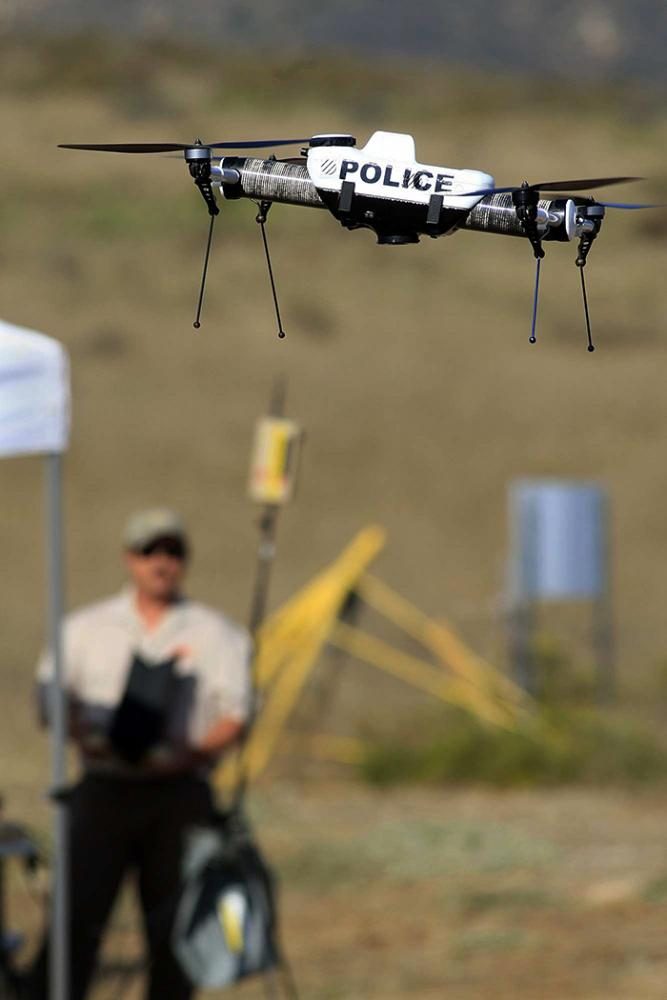Pullman police drone program protects citizens
Drones will be used for specific missions, not for regular surveillance, with most video available to the public
June 7, 2017
The recent proposal by the Pullman Police Department to use drones in certain circumstances will improve the capability of the police to carry out their missions. Privacy concerns, although understandable for any police program, are greatly exaggerated and based on the public’s misconceptions about drone use.
Pullman Police Chief Gary Jenkins first proposed the drone program to the Pullman City Council, which approved of his plan. He has also held two public meetings with Pullman residents, including one with students on campus, to explain his planned use for the drones.
These drones would be tasked with specific missions, not random surveillance of citizens. For example, Jenkins said drones would be flown on home football weekends to help direct traffic flow after games. They would also be used to observe high-risk crime scenes and natural disasters.
“We have no plans to use them for general surveillance,” Jenkins said. “They would be what we call ‘mission driven’ so they would only be deployed for specific tasks.”
The police department has also been looking to address privacy concerns in their draft policy. Jenkins said the video footage from drone cameras would be handled similarly to how the department deals with footage from body cameras, which the department has used since 2013.
“It’s very case specific,” said Jenkins, “but ultimately most of the video would be available to the public.”
Additionally, Jenkins said the department would redact parts of drone video that would violate an expectation of privacy.
Among the hundreds of other police departments around the country that use drones already, Jenkins said he is not aware of any privacy controversies based on these departments’ drone programs.
{{tncms-asset app=”editorial” id=”5bd6b98c-4b0d-11e7-9241-03ad9f1e8a19″}}
The problem is that the word “drone” seems to have a very negative connotation among people, Jenkins said. Many people, when they hear the word drone, think of a vehicle associated with military or weapons. The police drones Pullman would use would neither carry weapons nor engage in 24-hour surveillance of civilians.
According to The Spokesman-Review, the Pullman-Moscow Regional Airport would also be notified every time a police drone is launched, and in most cases the public would be informed as well. However, in more sensitive cases the public would be notified after the fact.
It is important that Pullman residents look at drones as another tool that the police have to enforce the law and keep Pullman citizens safe. Drones are quickly becoming a common tool among police agencies around the country, and there has not been a huge shift in how police view privacy because of it. There is no reason that this drone program would change the way the Pullman Police Department respects privacy in general.
It is critical that the public keep a watchful eye on any policy public officials propose in order to protect our rights. The police should be held to the same standard with their drone program as they would with any other policy. Nonetheless, it is important that we allow our law enforcement professionals to use the technology that best allows them to complete their job. As it stands, the use of drones has the potential to greatly benefit the health and safety of people in Pullman.
Jenkins said the drone program will be running within the next three to four months.

















